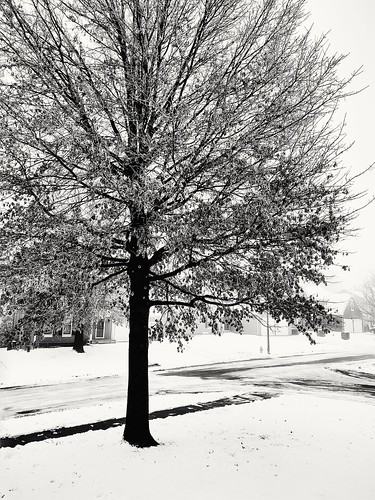令和三年三月十一日
A truth eternal
Waiting is like the ocean
Waves of endless grey
The wind-blown sand in my eyes
The taste of salt on my tongue
And Now We Wait #poetry365
令和三年三月十日
The battered branches
Shaking at the sharp wind’s un-
Wanted caresses
Sighing, moaning, whispering
Echoing my heart’s unease
Breath #poetry365

